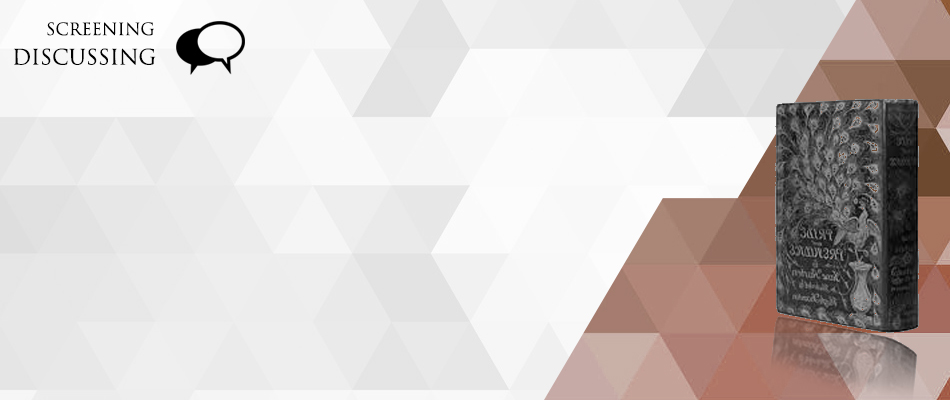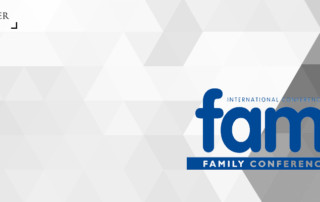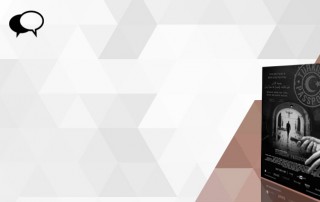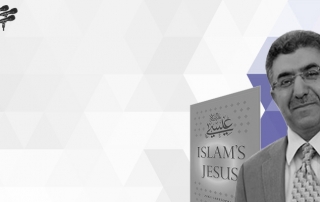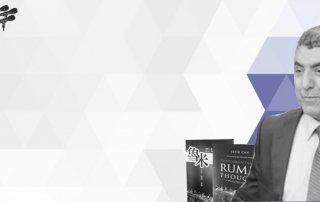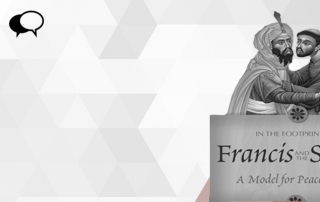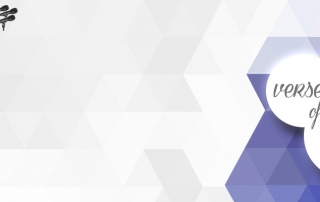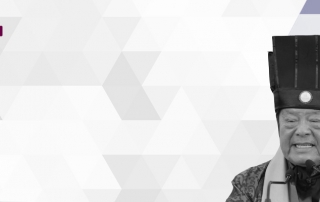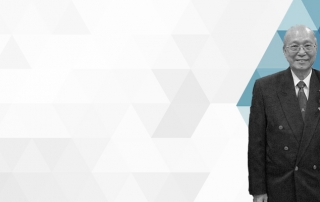Book Discussion “Pride & Prejudice”
Posted on 25/2/2014
EVENT DETAILS
Pearl Institute (Formerly was known as Anatolia Cultural & Dialogue Centre) is giving a start to a view to bringing people together and achieving critical, open and meaningful discussion series.
PI organizes a range of book discussion groups in different formats throughout the year at its office in Wan Chai.
Book discussions include a wide range of issues related to Dialogue and Social areas of interest, encompassing topics, and speakers, beyond the usual remit of social organizations.
These discussions attract diverse policy-makers, academics, researchers, journalists, professionals, students, community leaders and others.
Through this engaging and expansive environment, readers and members of the groups engage in constructive and critical dialogue on a miscellany of issues affecting their personal, professional and communal lives.
Such events provide a rigorous, methodical context for the scrutiny and evaluation both of dialogue practices and of social and political issues pertinent to these. They also encourage fruitful interaction between people engaged in academia, policy, and the community.
We seek to further aims of a just and equitable society by promoting dialogue as a path to social harmony.
Reading Group Choices selects discussible books and suggests discussion topics for reading groups.
If you are, or know, someone who loves to read and discuss books with his or her friends, please have them contact us.
Pride and Prejudice is a novel of manners by Jane Austen, first published in 1813. The story follows the main character Elizabeth Bennet as she deals with issues of manners, upbringing, morality, education, and marriage in the society of the landed gentry of early 19th-century England. Elizabeth is the second of five daughters of a country gentleman living near the fictional town of Meryton in Hertfordshire, near London.
Though the story is set at the turn of the 19th century, it retains a fascination for modern readers, continuing near the top of lists of “most loved books” such as The Big Read. It has become one of the most popular novels in English literature and receives considerable attention from literary scholars. Modern interest in the book has resulted in a number of dramatic adaptations and an abundance of novels and stories imitating Austen’s memorable characters or themes. To date, the book has sold some 20 million copies worldwide.
Funding
Book discussion membership is free but do not provide funding for the operation of the scheme. Book donations or bequests are always welcome.
PI book groups are designed to:
– work towards a just and equitable society
– broaden minds through reading and discussion
– strengthen communities by meeting community learning needs
– encourage a sense of community and social cohesion
– provide pleasure of reading and lifelong learning
– encourage critical thinking
– create awareness of social issues and cultural diversity.
– Last but not least, the philosophy of the Dialogue in all areas of discussion. Giving the conclusion to the problems in the books which mirroring our life through dialogue.
Quick Start Guide
How do we drive these Discussion Groups: 5 questions and 5 Answers.
1- What kind of book discussion?
Somewhere between highly social and seriously academic.
2- What kind of books?
Literary genre or a mix of genres: fiction (current or classic), poetry, drama, mystery, sci-fi, current events, history, or biography.
3- How many people?
6 to 12 people are best: if several are absent, will take place but not too many, make discussions unwieldy.
4- How often?
Once a month. Some maybe every 6 weeks.
5- When is the discussion period?
Weekdays: mid-morning, lunchtime, dinner, evening—depends on jobs, childcare, family dinners or difficulty driving at night.
Weekends: Saturday evenings.
6- Where should we meet?
At Pearl Institute or good meeting places.
* A free Event
* Some refreshments will be served
- Dialogue Between Islam and Buddhism through the Concepts Ummatan Wasatan and Majjhima-PatipadaPearl Institute2017-06-06T11:38:04+08:00
- Heritage of Dialogues between Islam and Confucianism: Chinese Islamic Classic during the later Ming and Qing DynastiesPearl Institute2017-06-06T11:38:10+08:00
- “In the Footprints of Francis and the Sultan: A Model for Peacemaking”Pearl Institute2017-06-06T11:38:29+08:00
- Verses of Love – Buddhist, Islamic and Christian Poets on Embracing “the Other”Pearl Institute2017-06-06T11:38:29+08:00
The views and opinions expressed on this posts/pages are those of the authors and do not necessarily reflect the views or opinions of Pearl Institute, its staff, other authors, members, partners, or sponsors.

